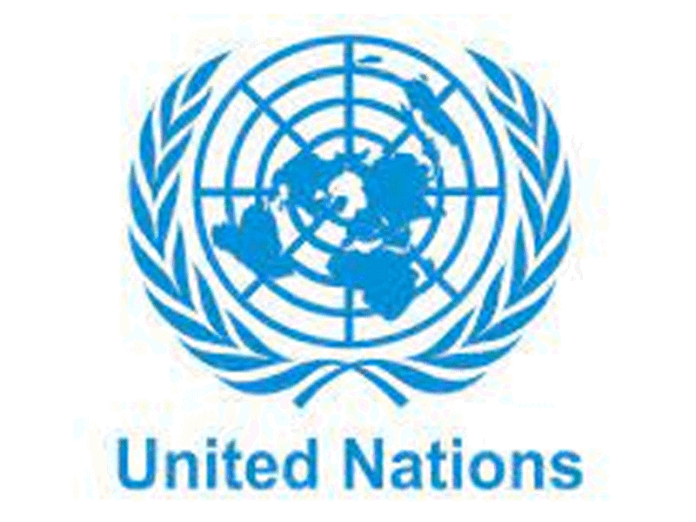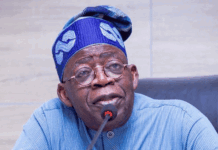CHIGOZIE AMADI
The United Nations have restated its commitment to fostering an inclusive, accessible, and equitable society where every individual can realise their full potential, regardless of any physical or intellectual barriers.
This was disclosed at a UN National Multi-Stakeholder Capacity-Building workshop on Cross-Cutting Approaches and Preconditions for Disability-Inclusive Development in Nigeria, held in Abuja,
According to UN report, about 1.3 billion people across the world experience significant disabilities, representing 16% of the world’s population.
In his remarks, the UN Resident Coordinator in Nigeria, Mohammed Fall, said that there are gaps in national data on disability, according to the Nigeria Demographic and Health Survey (2018), 7% of household members aged 5 and above have some level of difficulty in at least one functional domain.
He said to this effect the UN will continue to make sure all rights of the disability community are met.
He noted that the UN as an organisation, recognises the rights and dignity of persons with disabilities, which are enshrined in the Convention on the Rights of Persons with Disabilities, stressing that the UN is committed to the full and complete realisation of human rights for these 30 million Nigerians with disabilities, who are mostly women, children, and youth.
He added that as the Secretary-General, António Guterres, often says: “Inclusion is the cornerstone of a sustainable future. Without it, we are merely building on sand.”
The UN Resident Coordinator said total inclusion can only be achieved when there is an enabling and inclusive environment for all.
He said: “In our bid to ensure that we leave no one behind, the UN building was assessed in 2023 to see how accessible it is to persons with disabilities. I am happy to inform you that we have started implementing the recommendations made by the consultant who assessed the building. These efforts are crucial in creating an inclusive environment.
On his part, the Deputy Representative, UNFPA, Mr. Koessan Kuawu, said as of today, 18 percent of the world’s population have one form of disability or will experience disability during their lifetime.
In Nigeria an estimated 35.5 million people are with disabilities: mental, intellectual, physical, or sensorial.























